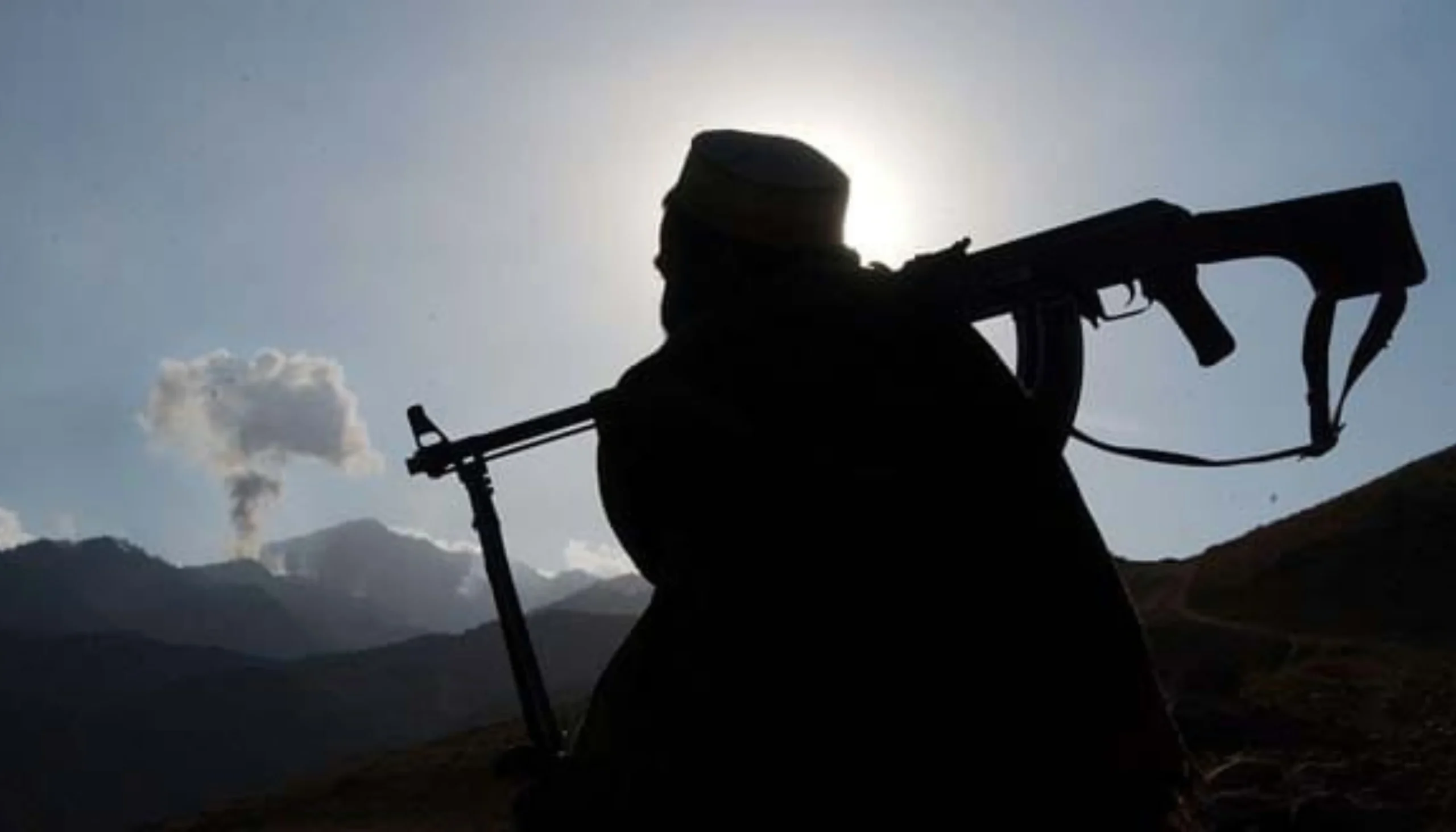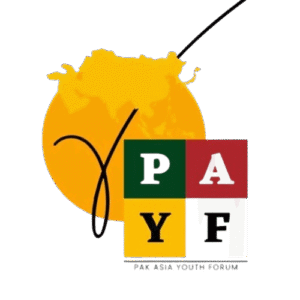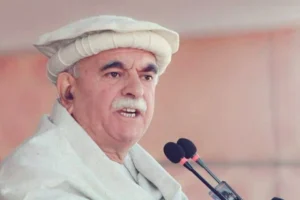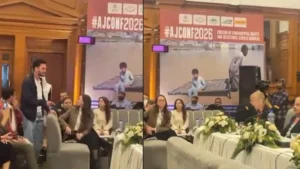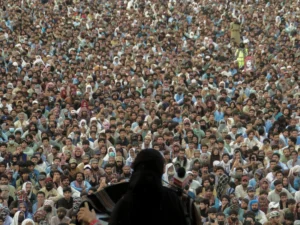The recent designation of the Tehreek-e-Taliban Pakistan (TTP) as “Fitna al-Khawarij” by Pakistan’s government represents more than administrative terminology; it signals a decisive confrontation with extremist groups who have hijacked Islamic discourse to justify violence against the state. For decades, militant organizations have co-opted the sacred concept of jihad, transforming a nuanced religious principle into a license for terror. This editorial argues that defeating terrorism in Pakistan requires reclaiming religious legitimacy through authentic Islamic interpretation.
Distortion of Jihad by Militant Groups
Militant outfits like TTP under Mufti Noor Wali Mehsud promote a false narrative portraying armed resistance against Pakistan as divinely mandated. They exploit grievances, military operations in tribal areas, perceived Western alliances, and economic hardships to frame violence as “defensive jihad”. Yet, this contradicts core Islamic teachings. The Quran explicitly limits warfare:
وَقَٰتِلُوا۟ فِى سَبِيلِ ٱللَّهِ ٱلَّذِينَ يُقَٰتِلُونَكُمْ وَلَا تَعْتَدُوٓا۟ ۚ إِنَّ ٱللَّهَ لَا يُحِبُّ ٱلْمُعْتَدِينَ
“Fight in the way of Allah those who fight you but do not transgress. Indeed, Allah does not like transgressors” (2:190)
The Prophet Muhammad ﷺ reinforced these limits, forbidding harm to non-combatants, destruction of crops, and killing of clerics devoted to worship. Extremist tactics, suicide bombings, sectarian killings, and attacks on civilians thus represent a fundamental perversion of jihad.
Classical and Contemporary Views on Jihad
Classical jurists recognized both defensive and offensive dimensions of jihad, viewing it as a means to spread Islamic governance and remove barriers to religious propagation. Scholars like Ibn Taymiyyah described jihad’s aim as ensuring the supremacy of Islam, even permitting offensive action against non-Muslim territories to establish Dar al-Islam. However, 21st-century scholars emphasize that offensive jihad applies only under particular historical conditions and cannot justify modern terrorism. The International Islamic Fiqh Academy clarified that offensive action is limited to facilitating peaceful missionary activities and removing obstacles to religious freedom, not to overthrow sovereign Muslim states.
Paigham-e-Pakistan: A Unified Scholarly Response
In 2018, over 1,800 Pakistani scholars from Deobandi, Ahl-e-Hadith, Barelvi, and Shi’ite schools issued the Paigham-e-Pakistan fatwa, declaring suicide bombings, terrorism, and armed rebellion against Pakistan as haram (forbidden) under Islam. This unprecedented consensus constitutes the largest religious agreement in Pakistan since the 1973 Constitution, emphasizing that only the state can legitimately declare jihad. It directly counters extremist takfir (excommunication) tactics by reasserting Muslim solidarity and the sanctity of state institutions.
Designating TTP as Khawarij: Theological Grounds
Labeling TTP as Khawarij invokes the earliest sect that rebelled against Caliph Ali, declared other Muslims apostates, and committed unjust violence. Classical sources describe Khawarij as extremist deviants who “emerged only to kill and terrorize”. Modern extremist groups mirror these characteristics: takfir of fellow Muslims, attack on legitimate authority, and indiscriminate violence. The designation thus strips TTP of religious legitimacy and provides theological justification for robust state action against them.
Legitimacy and State Sovereignty in Islam
Islamic jurisprudence establishes that political legitimacy derives from authority’s capacity to uphold Sharia’s objectives, justice, welfare, and order, rather than perfect doctrinal purity. Pakistan’s constitutional framework, blending Islamic principles with democratic governance, fulfills these maqasid (higher objectives) more effectively than extremist alternatives. When dissent arises, Islamic teachings prescribe lawful, peaceful channels, such as petitioning rulers, engaging in scholarly debate, and seeking legal redress, rather than armed rebellion.
Narrative Warfare and Deradicalization
Military operations alone cannot defeat extremist ideologies that have captured intellectual and emotional ground. Terrorist communication strategically embeds in local histories, partition grievances, the Kashmir conflict, and economic inequality to resonate deeply with Pakistanis. Counter-narratives must address these concerns by promoting wassatiyyah (moderation) and demonstrating Islam’s capacity to resolve injustices through peaceful means. Educational reforms, religious discourse reforms, and community engagement are critical to eroding extremist appeal.
The Role of Religious Authority
Imams, muftis, and madrassa educators bear responsibility for preserving moral integrity and authentic religious teachings. When scholars unite against extremist distortions, they reclaim Islam’s spiritual authority and protect communities from deviant ideologies. The Paigham-e-Pakistan fatwa exemplifies how collective scholarly action can delegitimize terrorism, reaffirm faith’s true teachings, and guide public consciousness toward lawful resistance and reconciliation
Conclusion: Reclaiming Authentic Islam
Pakistan’s designation of TTP as “Khawarij” marks a strategic advance in ideological battles. By invoking historical precedent and theological clarity, the state empowers religious authorities to counter extremist narratives effectively. True jihad, as outlined in Quranic injunctions and Prophetic traditions, prioritizes justice, protection of innocents, and obedience to legitimate authority. Reframing jihad within these authentic parameters, while addressing underlying societal grievances, offers the most sustainable path to peace. In this battle for religious legitimacy, Pakistan’s Muslim scholars and institutions must lead, ensuring that Islam’s profound ethical teachings prevail over extremist perversions.

